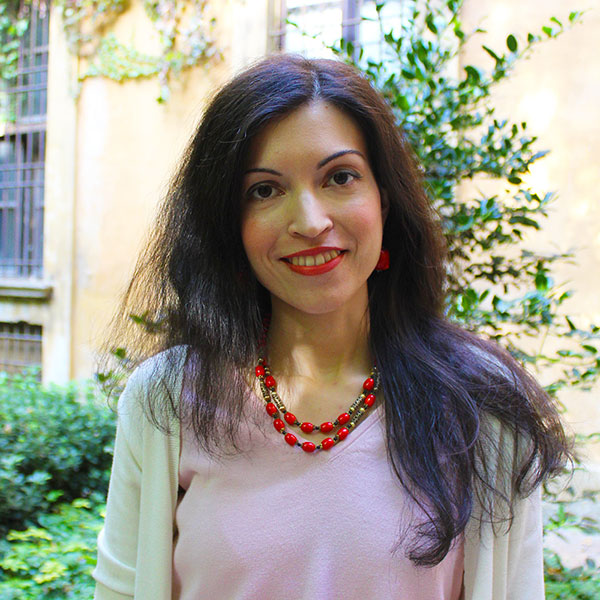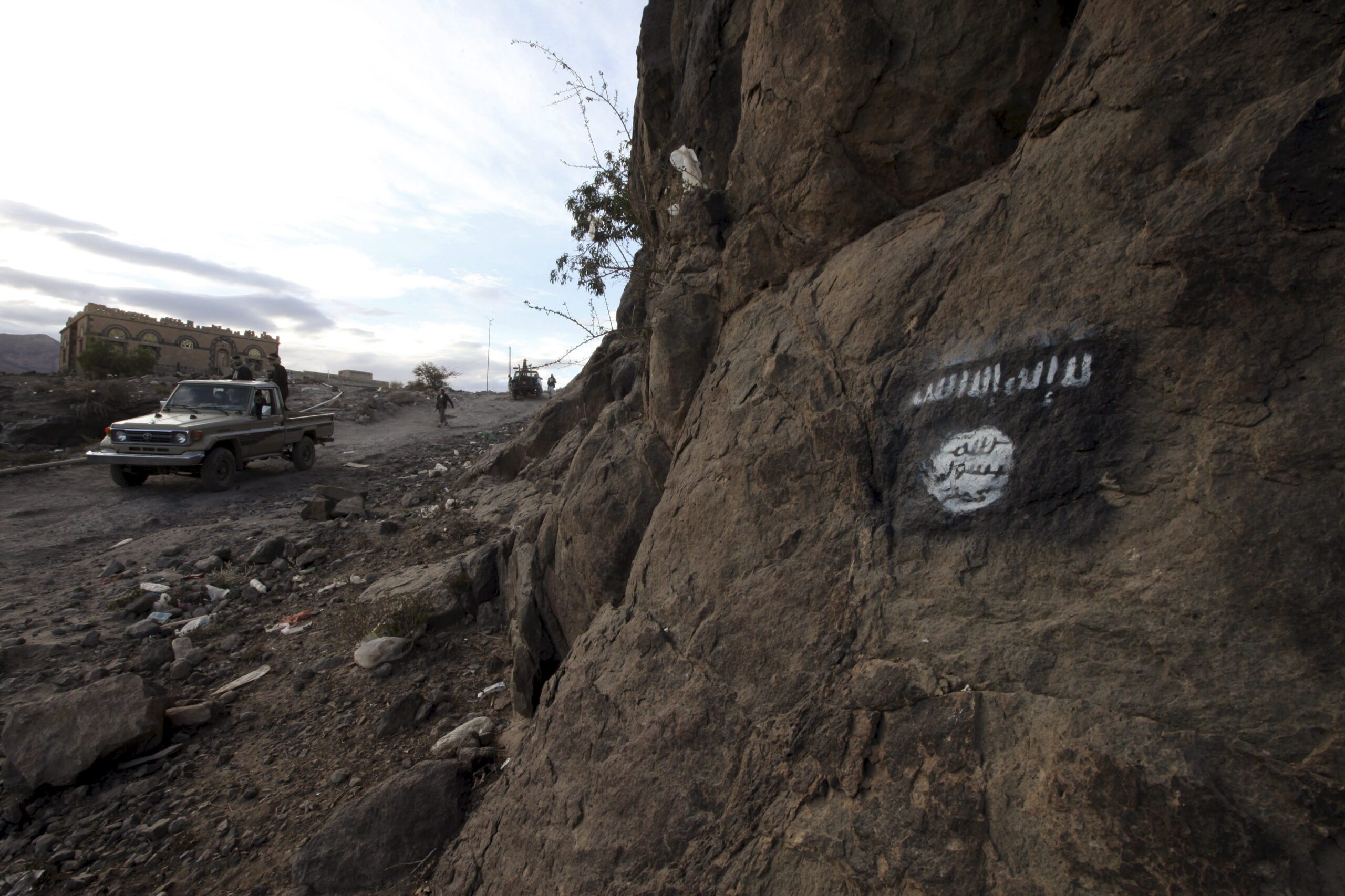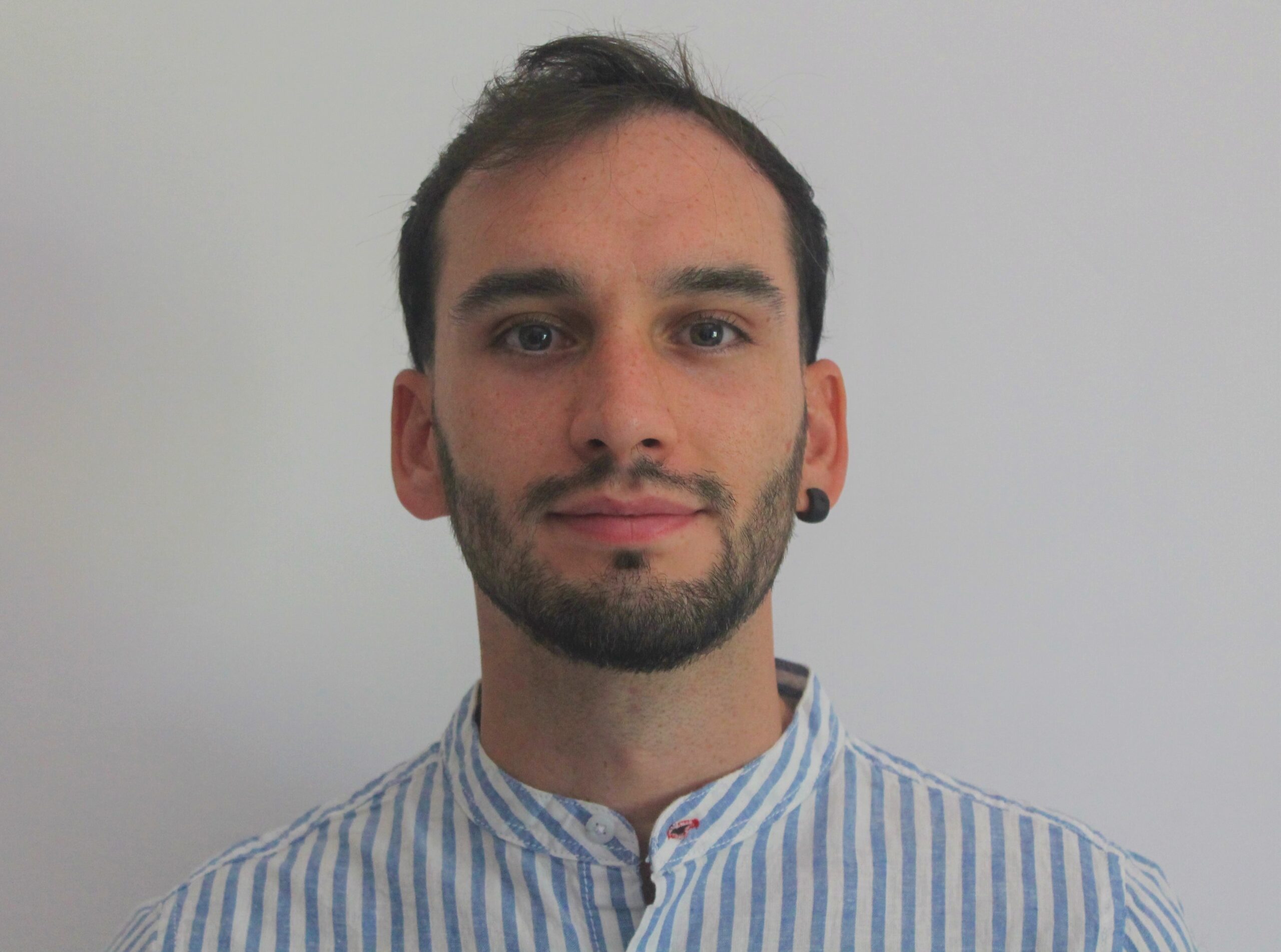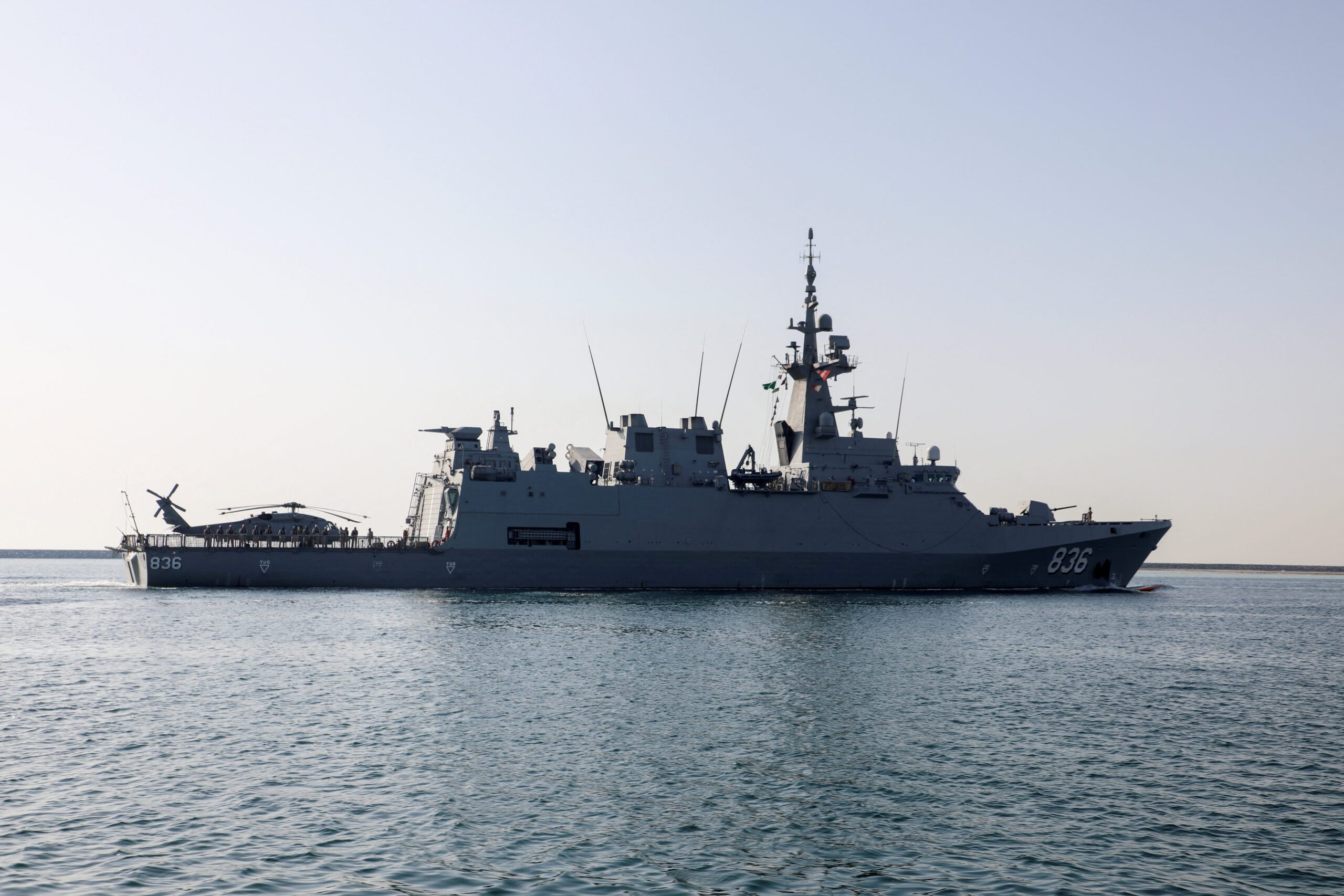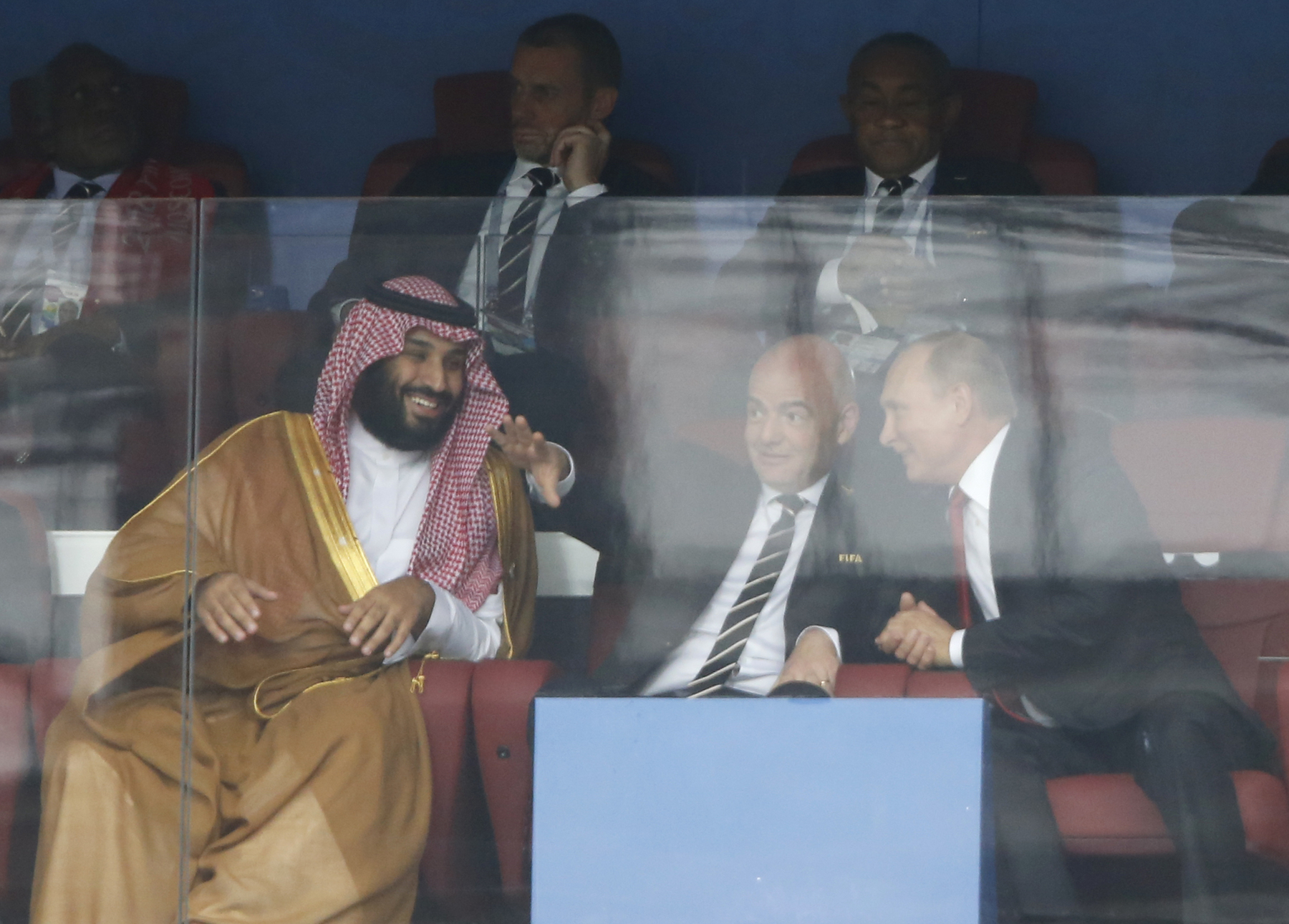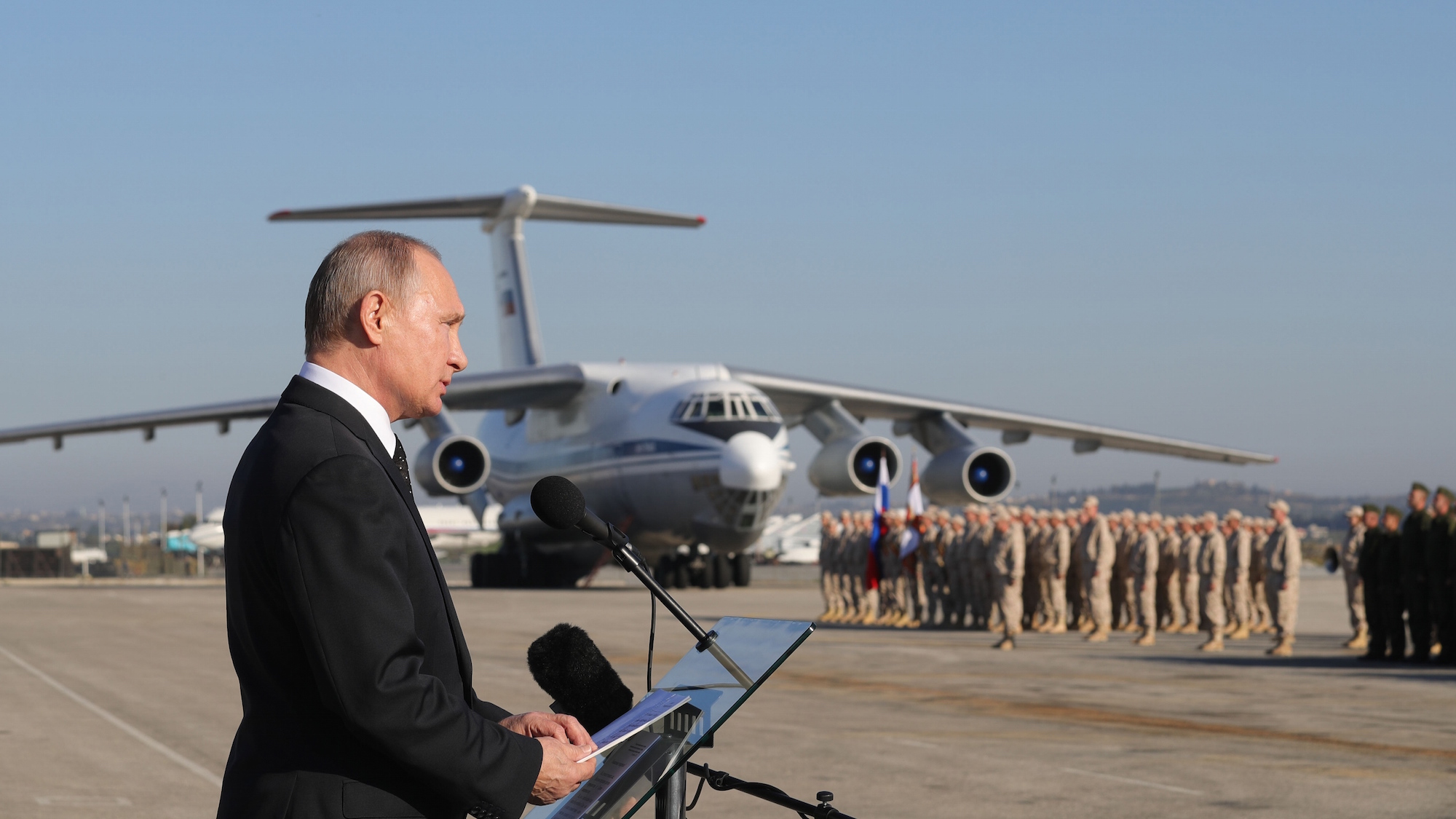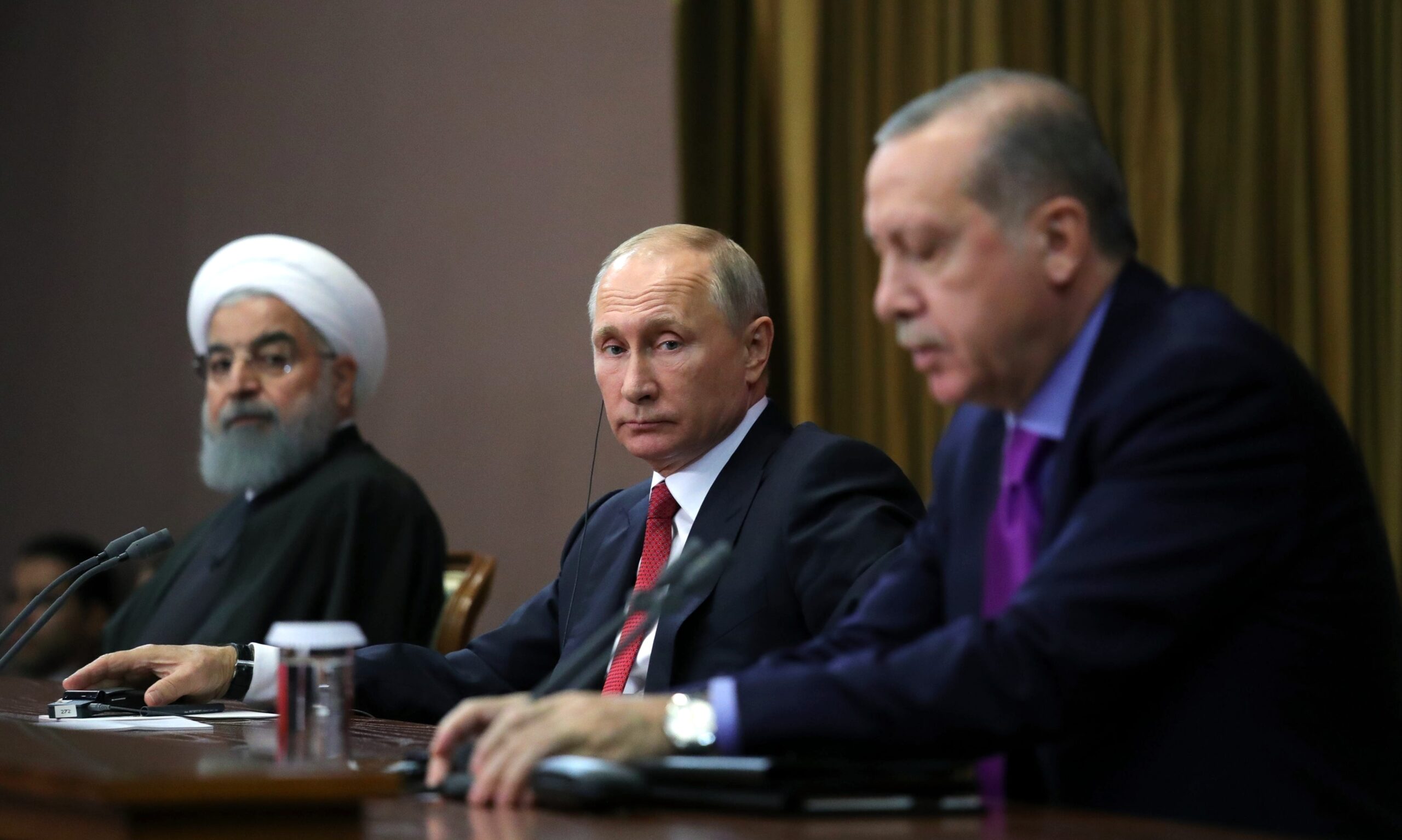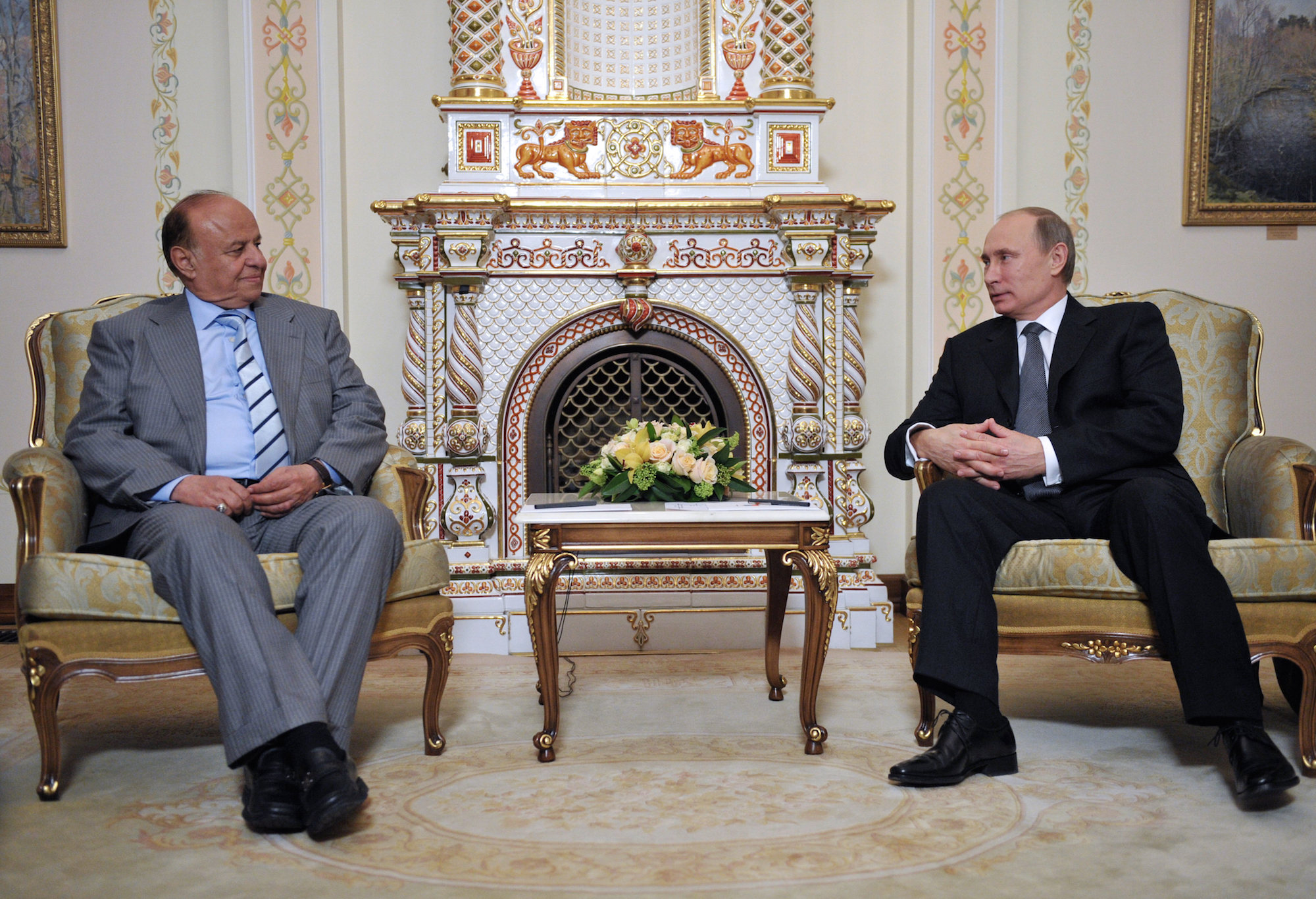Oct 10, 2017
Russia Sees New Saudi “Realism” on Display at Moscow Summit
At the recent summit between Saudi Arabian King Salman bin Abdulaziz and Russian President Vladimir Putin in Moscow, the two leaders signed agreements that seem to herald a new era of Saudi-Russian cooperation. With Saudi Arabia previously standoffish toward Russia due to Moscow’s cooperation with Iran to prop up the regime of President Bashar al-Assad...

At the recent summit between Saudi Arabian King Salman bin Abdulaziz and Russian President Vladimir Putin in Moscow, the two leaders signed agreements that seem to herald a new era of Saudi-Russian cooperation. With Saudi Arabia previously standoffish toward Russia due to Moscow’s cooperation with Iran to prop up the regime of President Bashar al-Assad against its Saudi-backed opponents in Syria, Russian commentators see King Salman’s willingness to cooperate with Moscow now as a sign that Riyadh has come to accept that Assad is prevailing in Syria and to recognize the increasing importance of Russia in the Middle East. Continuing differences between Saudi Arabia and Russia, though, may serve to impede the fulfillment of the ambitious goals set forth in the various memoranda of understanding the two countries signed in Moscow.
Among agreements signed during the summit were some calling for greater military cooperation, including a Saudi agreement to buy Russian S-400 air defense missiles (Iran only has the older S-300 version), and the transfer of Russian technology to the kingdom for local production of several Russian weapons systems, including Kornet-EM antitank guided missiles, TOS-1A advanced multiple rocket launchers, AGS-30 automatic grenade launchers, and Kalashnikov assault rifles and ammunition. In the economic sphere, Saudi Arabia agreed to invest $1 billion in Russian energy projects while Russia will build a $1.1 billion petrochemical plant in the kingdom. Moscow and Riyadh have also reportedly agreed that the oil production pact between OPEC and certain non-OPEC oil producers (limiting production in order to increase oil prices) should be extended from March 2018 through the end of the year.
What is remarkable about these Saudi-Russian agreements is that they come at a time when Moscow and its allies in Syria (the Assad regime, Hezbollah, and Iran) have clearly gained the upper hand over the regime’s Saudi-backed opponents, as well as the Islamic State in Iraq and the Levant. From the Russian point of view, Saudi willingness to cut deals with Moscow under these circumstances is indicative of a new Saudi “realism,” seeing no choice but to work with Moscow, especially since U.S. influence in the Middle East is declining. Part of this new realism, according to Irina Suponina, a long-time Russian Middle East observer, is that Riyadh now “understands that you can’t split Russia from Iran.”
Yet, while Riyadh may have no illusions about splitting Moscow from Tehran, Russian proclamations about how Moscow is now a rising power in the Middle East have led to expectations in Saudi Arabia that Russia will actually play the role of a great power by maintaining balance in the region. Russian diplomats have reportedly encouraged this belief by telling their Saudi (and Israeli) counterparts that if they are concerned about the Iranian presence in Syria, they are better off with Russian forces there to keep the Iranians in check.
But can Russia actually keep Iran in check? A recent incident has cast doubt on this. Although the Russian oil giant, Rosneft, has agreed to invest $4 billion in Iraq’s Kurdistan region, Iranian and Turkish cooperation to isolate the region after its recent independence referendum threatens to halt oil exports and hence vitiate Russia’s investment there. In other words, concerted Iranian-Turkish cooperation may be able to thwart Russian oil ambitions in a disputed region. How this will play out is not yet clear, but this episode has not enhanced Russia’s reputation as a great power able to exercise decisive influence.
Unlike in Iraq, though, Russia has military forces in Syria. But Moscow’s efforts to end the Syrian conflict by establishing safe zones is being undermined by the Assad regime (perhaps with Iranian help), which is attacking opposition forces inside them. Here as well, Russia seems unwilling or unable to play the part of a great power, in this case maintaining a balance between opposing forces.
Further, as several analysts have noted, the announcement of the Saudi agreement to buy Russian S-400s came right before the announcement that Washington had approved a major Saudi purchase of the Terminal High Altitude Area Defense, or THAAD, anti-ballistic missile system. In other words, King Salman’s visit to Moscow may have been less about increasing Saudi cooperation with Russia and more about motivating Washington to act in order to avoid losing out on arms exports to and investment opportunities in the kingdom.
Still, it is unlikely that Riyadh would drop any of its new deals with Moscow immediately after getting what it wants from Washington. Offering something to Russia as a way to induce it to withhold support for Iranian policies that the kingdom considers hostile will be important for Riyadh even if the United States does absolutely everything Riyadh wants, which is not likely. While Russia is hardly in a position to replace the United States as the most important external power in the Middle East, Moscow’s role there has become important enough for Riyadh to compete with its regional rivals to influence Russian policy.
The views represented herein are the author's or speaker's own and do not necessarily reflect the views of AGSI, its staff, or its board of directors.

